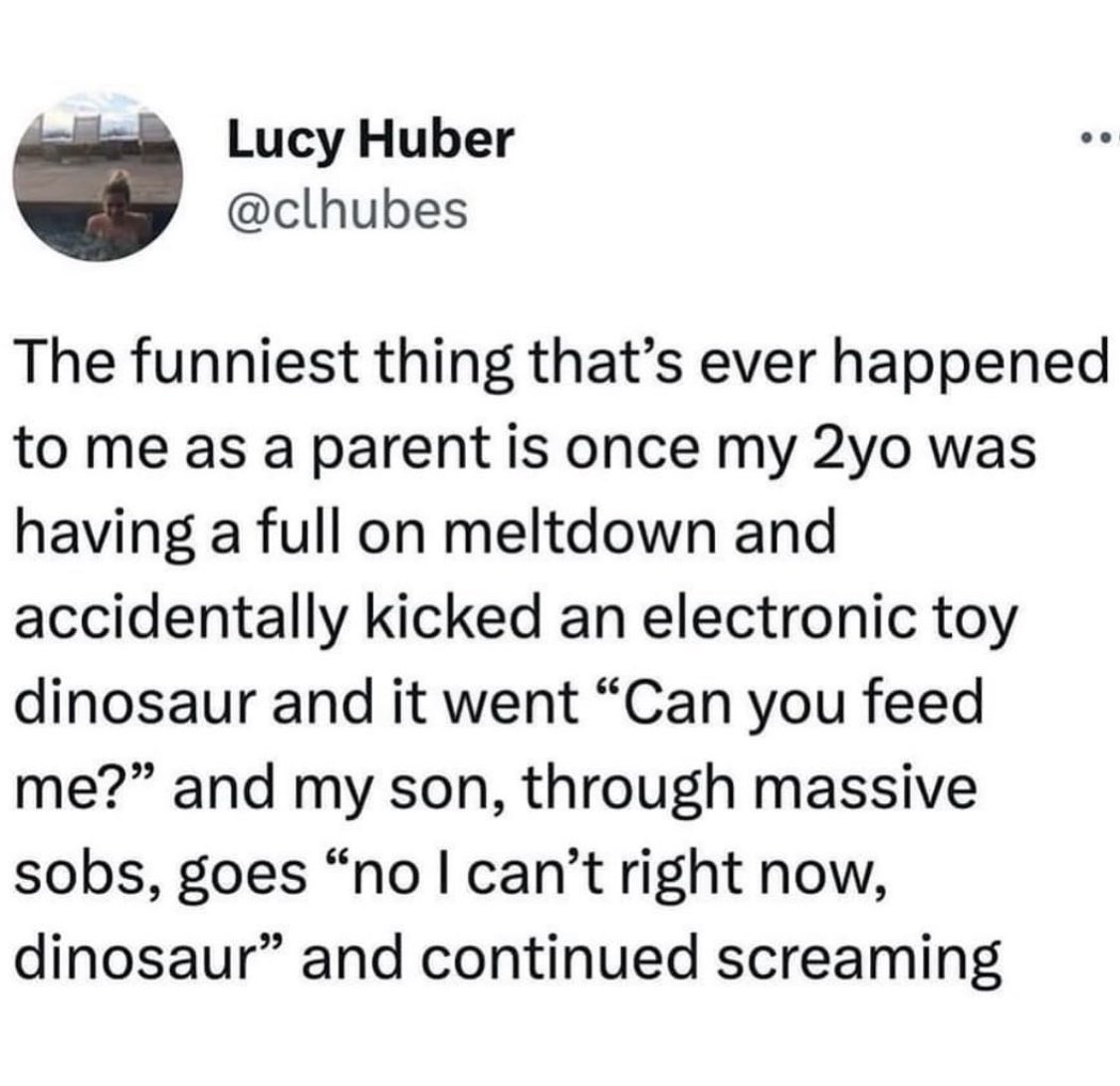Parenting
1722 readers
4 users here now
A place to talk about parenting.
Be respectful of others' parenting decisions.
founded 1 year ago
MODERATORS
1
2
3
4
5
6
7
8
9
10
11
12
13
Educational apps for children: What parents and educators should look for and ignore
(theconversation.com)
13
14
15
16
17
18
12
Back to school thread - feel free to share anything about this specific time of the year!
(discuss.tchncs.de)
19
20
21
22
23
24
25
view more: next ›





